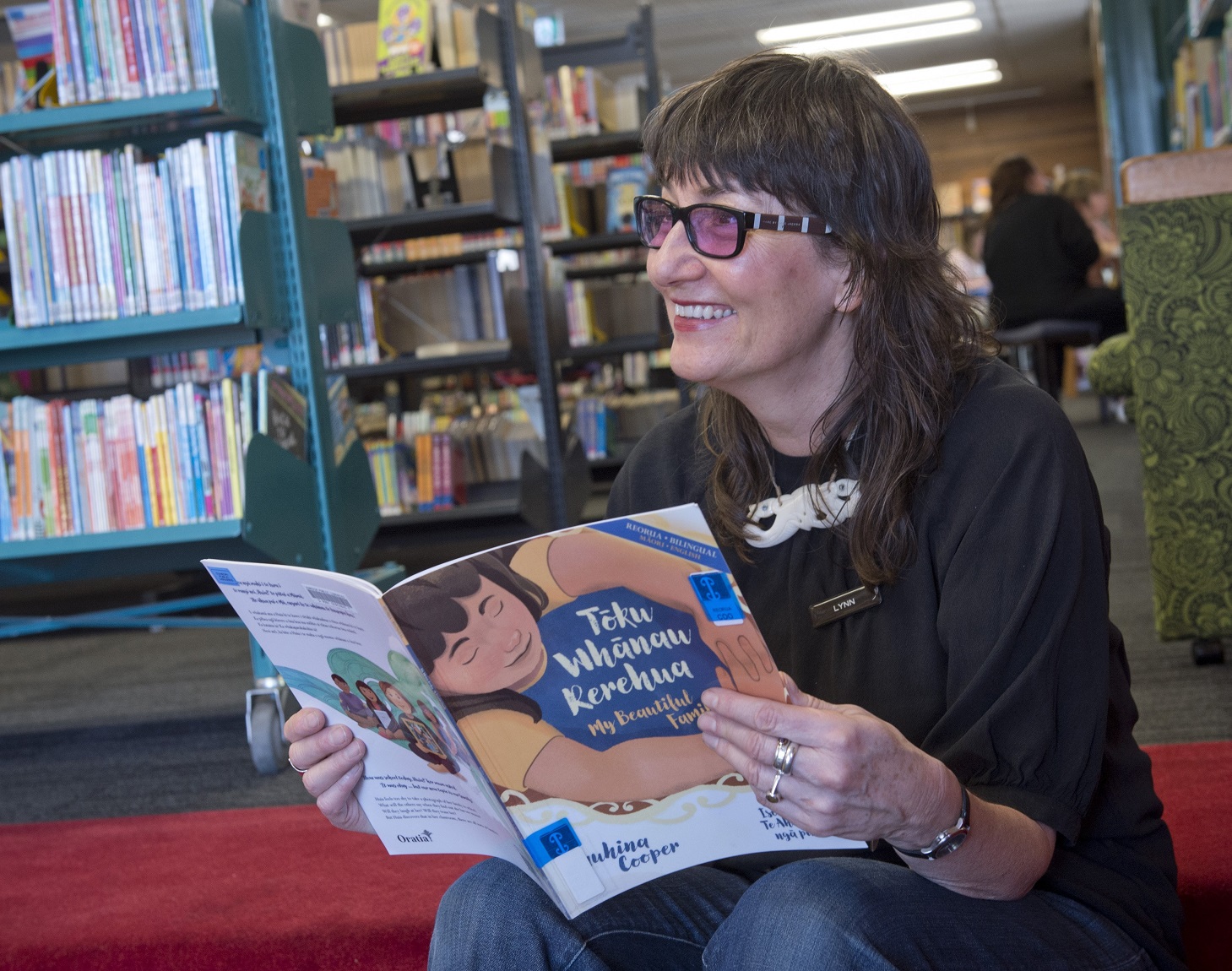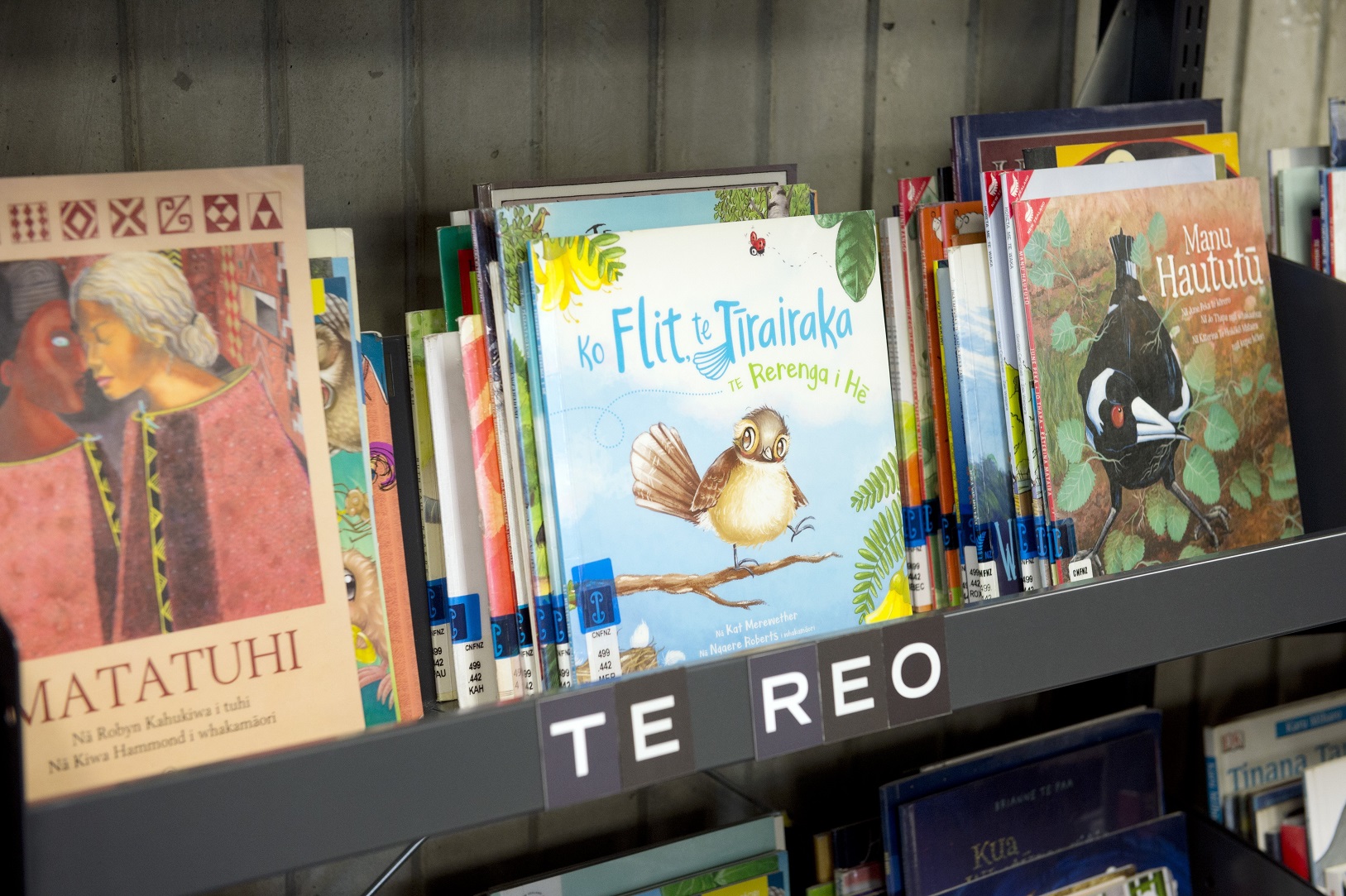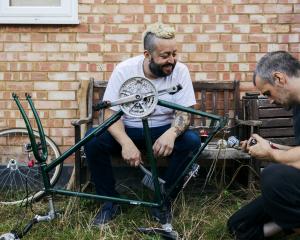
The world, it seems, is falling apart. In the past few years, we’ve been pummelled by a pandemic, cyclone, floods, a cost-of-living crisis, mental health crisis, all-the-snow-is-melting crisis, being-on-your-phone-too-much crisis, thinking-too-much-about-the-crisis crisis. To dig up a word that plagued 2020’s lexicon, it all feels ... unprecedented.
Except it’s not. Tangata whenua are veterans of existential threat. When James Cook and his men entered Aotearoa in 1769, it’s rumoured that tangata whenua thought it was an alien invasion. Māori paddled facing forward, so they thought the faces of the English oarsman were on the back of their heads; their skin was pale, and their language and customs were completely foreign.
In the decades and centuries that ensued, tangata whenua across Aotearoa faced widespread disease, environmental decimation, and attempts to eradicate their way of existing in and understanding the world. It didn’t work. Māori survived the apocalypse, and their knowledge and resilience is infinitely valuable for the future.
Fortunately, there are signs the waka is turning around.
"There are lots of good things happening in our little city," Dunedin Public Library youth services supervisor Lynn Vare (Ngā Puhi, Te Rarawa, Ngāti Kuri) says.
One of these good things is the bilingual story time that runs every week at the Dunedin city branch. The session strengthens parents’ and children’s knowledge of te reo Māori, and fosters a tight-knit community, full of both Māori and Pākehā.
"It’s a whānau," Lynn says.
She has watched some children grow from babies to confidently singing Tūtira Mai Ngā Iwi with actions. She also notes that families who move to New Zealand from overseas are especially eager to learn about tikanga and te reo Māori.
Generally, Pākehā who are hesitant to learn about the Māori world are scared more than anything. But they needn’t be.
"The Māori world is very inclusive."
While a strong advocate for the spread of te reo Māori, there can be a flip side. She recognises that Pākehā te reo speakers can bring about whakama in Māori, or shame in not knowing their own language.
However, the growth of te reo will ultimately be good for everyone.
"I wish I had this for my tama growing up."
Knowing te reo, regardless of your ancestry, opens a door to a new world of concepts and perspectives.
"Words have whakapapa."
That can help us in the way we view the world.
"The language shows us that we can’t really own land."
A further example is the concept of kaitiakitanga, which is unique to tangata whenua and means guardianship over something, especially the natural environment.

He observes that in the past few years, Pākehā have adopted a "let’s get on board with it attitude" to learning te reo Māori.
"A curiosity has been kindled, and a genuine interest" can be attributed to the Māori Language Commission and initiatives for te reo to be used in mainstream media, such as RNZ.
Adults of all ages are eager to learn. Parents raising bilingual kids want to be able to speak te reo to their children. Additionally, workers in the health area are seeing career benefits in learning te reo Māori.
Tauiwi Solutions director Suzanne Menzies-Culling has a word for these efforts towards a more Māori future: decolonisation.
She’s been running workshops for decades, educating people about what decolonisation means, and trying to persuade people that it’s not as scary as it sounds.
"It’s important that Pākeha know the truth."
Facing up to what our settler ancestors did, and how to help repair the damage, is not only important for Māori, but also for Pākehā. Colonisation was bad for everyone.
It rings close to Catherine Delahunty’s famous speech at Waitangi Day in 2007.
"The Pākehā contradiction comes out of our origins, so many of us being the descendants of families starved out of Ireland, burnt out of the highlands of Scotland and made surplus people in the England class system.
"The severing from ancestors and from the land has brought us material advantage and spiritual emptiness."
"It’s all pain, it’s all loss," Suzanne agrees.
She also references Syd Jackson’s thinking that "the only place Pākehā belong is Aotearoa".
She grew up during a time when New Zealand was still living under the guise of being the cleanest, greenest country, with the best race relations in the world.
Later in life, she was appalled that parts of history had been hidden from her. There’s strength in growing up in a world that seems to be crumbling.
"The current generation has never been under the impression that everything is OK. You have no mythology to fall back on."
Her message to Pākehā, consumed with guilt and embarrassment over their role in creating this diseased, angry, burning world is to get over themselves, and to join in the work alongside Māori.
"The past isn’t your fault, but the future is your responsibility."
Jess Hughes is a University of Otago humanities intern at the Otago Daily Times.












